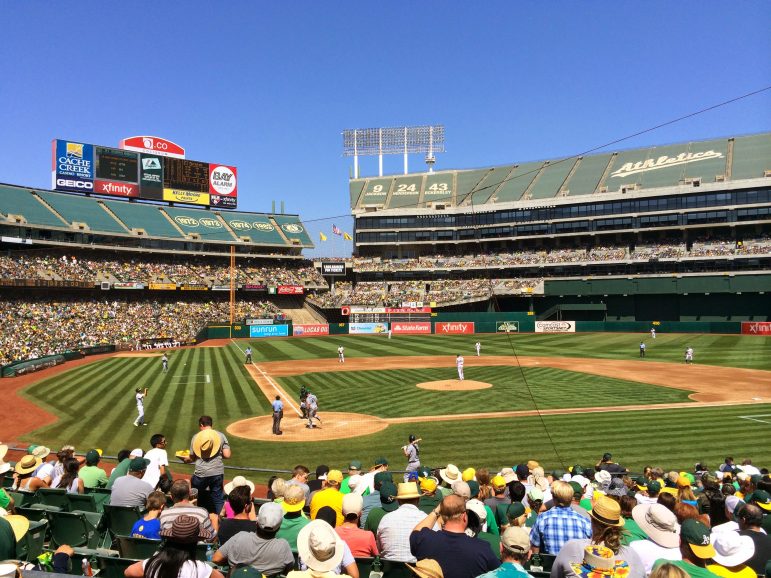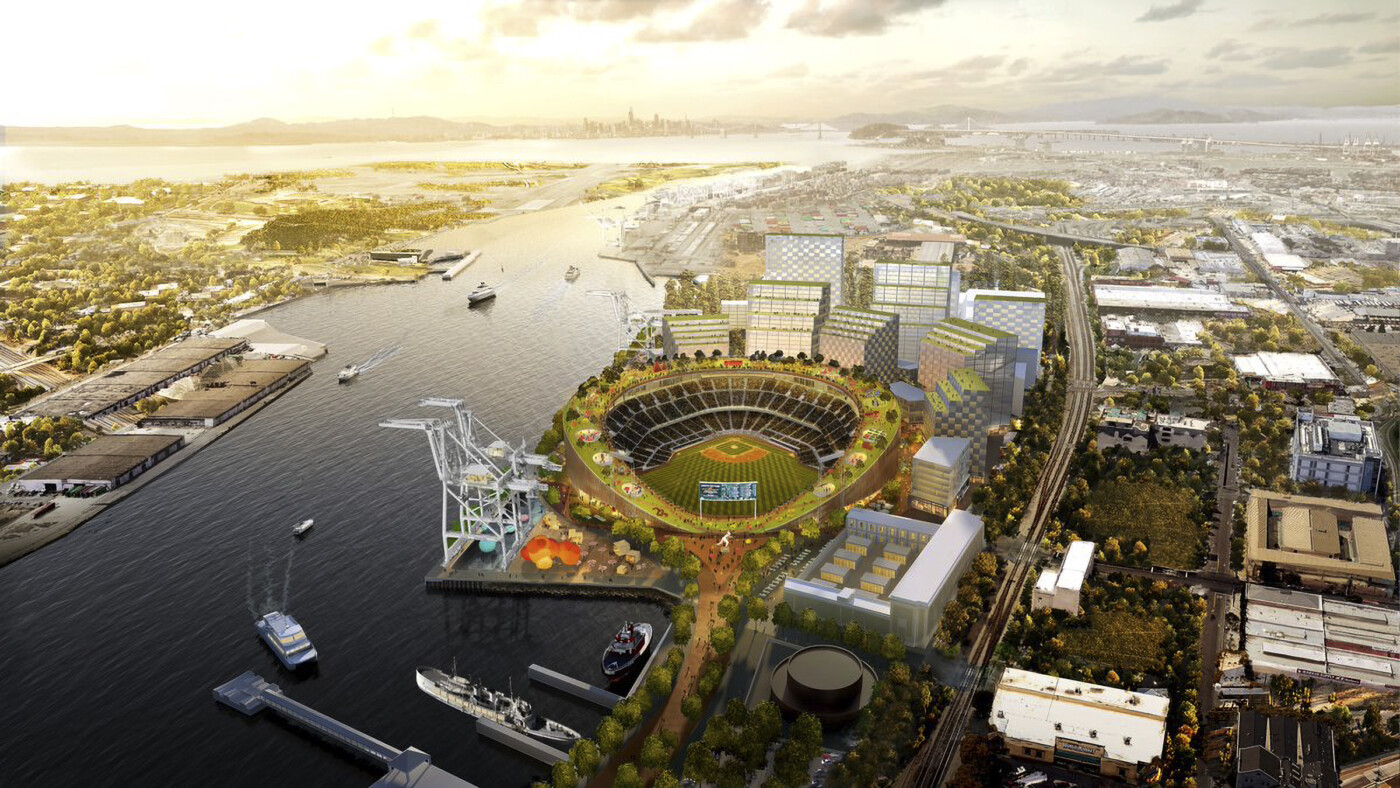Three key differences now separate Oakland from the Oakland A’s April proposal for a new baseball stadium at Howard Terminal, the city’s Mayor Libby Schaaf said this week.
The two sides need to come together around affordable housing, a community benefits fund, and the structure of the financial deal.
Schaaf made her statements following a critical City Council vote Tuesday afternoon that the A’s and Major League Baseball must now think about, A’s President Dave Kaval said.
The council approved an overall financial plan that is non-binding, but the A’s still don’t agree with it and hadn’t seen part of it before city staff presented it Tuesday during the meeting.
Kaval said the league will look at the new terms immediately.
About 1,000 people watched the meeting virtually and about 100 commented publicly before the vote. Six councilmembers voted “aye” for the city’s proposal while Councilmember Noel Gallo voted “no” and Councilmember Carroll Fife abstained.
Gallo said he wants the A’s to stay at the Oakland Coliseum in East Oakland, something Major League Baseball officials said is not viable for the A’s.
“We are ready to keep playing,” Schaaf said Wednesday morning. “We’re at bat.”
Oakland wants the A’s to commit to 35 percent affordable housing as part of the project. Fifteen percent or about 450 of the 3,000 units to be built at Howard Terminal off Market Street in Oakland would be at the project site.
“We have to have affordable housing as part of this deal,” Schaaf said.
She also said the city has reason to believe the A’s agree with this demand.

Oakland also wants only one infrastructure financing district while the A’s proposal calls for two. One would be onsite and the other offsite. The city’s proposal calls for just the onsite district.
The third point of contention is a community benefits fund that would provide services such as legal assistance, tenant rights counseling and investment in land trusts.
Schaaf said the A’s proposal for the community fund relied on a funding source that could only be spent on capital.
“This community is going to stand firm on community benefits,” Schaaf said.
A previous point of contention was the non-relocation agreement, but the A’s and the city have agreed on 25 years. That would start when the first home game is played.
The ballpark project consists mainly of a new 35,000-seat stadium, 3,000 new residential units, a new hotel with about 400 rooms, 1.77 million square feet of commercial space, a performance venue seating about 3,500 people and about 18 acres of parks.
The stadium is expected to cost about $1 billion to build and the entire complex about $12 billion.
Schaaf said the city has provided the primary thing that the A’s asked for to keep going in the process.
Tuesday, the A’s said they want a binding agreement on a new ballpark in Oakland by the end of this year’s baseball season.
Kaval was optimistic about getting six votes from the City Council on a waterfront stadium in the city.
But the team is still looking at other cities for a venue.
“We need to have options,” Kaval said.
He said the A’s are running out of time for a new place to play and the only place in Oakland suitable to the A’s and Major League Baseball is at Howard Terminal.
